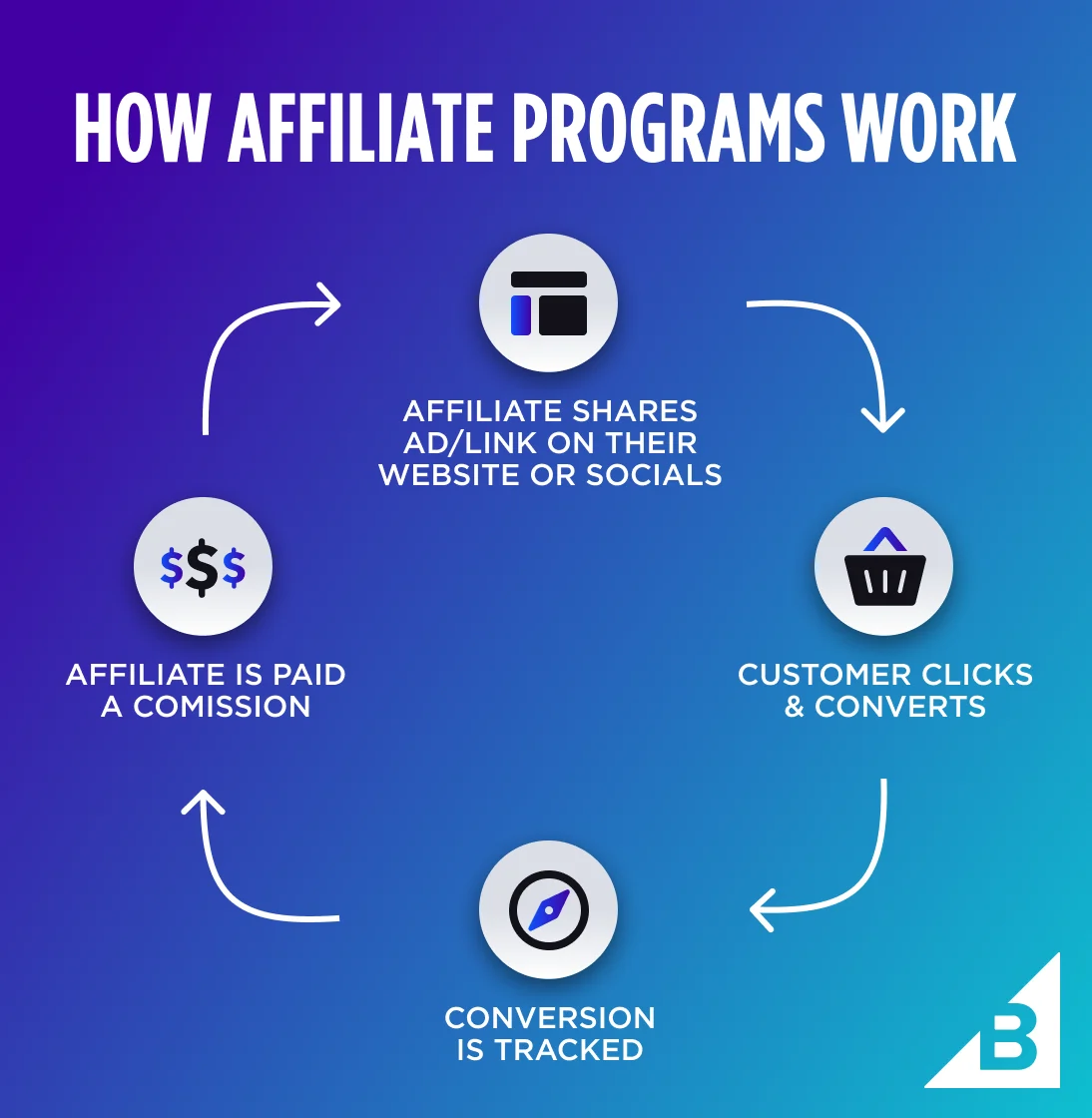How to Earn Money Online
How to Earn Money Online
With a variety of options to choose from based on your abilities, interests, and time commitment, earning money online has grown in popularity and accessibility. The following list of online income-generating opportunities is divided into categories based on possible earnings, skill level, and difficulty:
1. Freelance work
- How it operates:
Provide writing, graphic design, SEO, web building, video editing, and other services.
You can make a profile and find clients on websites such as Upwork, Fiverr, and Freelancer.
- Advantages:
2. Depending on experience and abilities, there is a chance for big income.
- Cons:
2. In order to develop your portfolio, you might have to begin with lower rates.
3. The skills needed will vary depending on the service you provide.
2. Online Instruction and Tutoring
- How it operates:
- Advantages:
- A flexible timetable.
- is possible from any location.
- Cons:
- demands knowledge of a particular field.
- Scheduling may be impacted by time zone differences.
- Proficiency in a subject or language, as well as the ability to teach, are necessary.
3. Affiliate Promotion
- How it operates:
Use social media, your blog, or your website to advertise goods and services. Every sale made via your affiliate link earns you a commission.To find products to promote, use websites such as CJ Affiliate, ShareASale, or Amazon Associates.
- Advantages:
- could be a source of passive income.
- No need to develop a service or product.
- Cons:
- It takes time to develop an audience.
- Disclosure of affiliate relationships is required.
- Content production, fundamental SEO, and marketing abilities are necessary.
4. Offering Digital Goods for Sale
- How it operates:
Produce and market digital goods such as software, courses, eBooks, and printables.
You may sell your digital products on sites like Teachable, Gumroad, Udemy, and Etsy (for printables).
- Advantages:
- passive revenue after the creation of goods.
- No tangible stock.
- Cons:
- It takes time and effort up front.
- There may be fierce competition.
- Writing, design, and subject-matter expertise are necessary.
5. The practice of dropshipping
- How it operates:
Create an internet store to sell goods without maintaining stock. The products are shipped straight to the customer by the provider.
Shopify and AliExpress are two platforms that work well with dropshipping companies.
- Advantages:
- little initial expenses.
- Inventory management is not necessary.
- Cons:
- low profit margins.
- Shipping schedules and quality control may be problems.
- Marketing, customer service, and eCommerce management are necessary skills.
6. Content Creation & Blogging
- How it operates:
Create a blog or YouTube channel and make money with affiliate marketing, sponsorships, adverts (like Google AdSense), or product sales.
Tech, health, beauty, finance, and personal development are among the most popular categories.
- Advantages:
- possibility for passive income.
- freedom of expression.
- Cons:
- may not turn a profit for months or years.
- necessitates regular content production.
- Writing, video creation, SEO, and marketing are necessary skills.
7. Remote Employment (Part-Time or Full-Time)
- How it operates:
Numerous businesses engage workers or independent contractors to perform distant tasks in areas like marketing, customer service, programming, virtual help, etc.
You can find remote work possibilities on websites such as FlexJobs, Remote OK, and We Work Remotely.
- Advantages:
- steady income
- a regular work schedule.
- Cons:
- Rigid hours may still be required.
- usually calls for prior experience.
- Skills Needed: Depends on the position, but frequently includes time management, communication, and other job-specific abilities.
8. Photographic Stock
- How it operates:
You can sell your photographs on stock picture websites such as Shutterstock, Adobe Stock, and iStock if you are a talented photographer.
- Advantages:
- able to get passive money from every picture.
- Customer service is not necessary.
- Cons:
- fierce rivalry.
- requires high-quality equipment and photographic expertise.
- Ability Editing and photography are necessary.
9. Making sales on online marketplaces such as eBay, Etsy, and Amazon FBA
- How it operates:
Offer handcrafted or tangible goods for sale on websites such as Etsy, eBay, or Amazon FBA (Fulfillment by Amazon).
Amazon FBA takes care of customer support, shipping, and storage for you.
- Advantages:
- large clientele.
- Simple to begin.
- Cons:
- Competition and fees.
- demands inventory control and product sourcing.
- Product research and eCommerce management are necessary skills.
Success Advice:
- The key is consistency: Online income generation frequently requires patience and time.
- Diversify: Avoid depending solely on one revenue stream. To improve your chances of success, try a variety of strategies.
- Create an Audience: Having an audience can significantly increase your income potential, whether you're blogging, freelancing, or selling.
- Make an investment in yourself: To increase your marketability, pick up new skills in areas like design, content marketing, or SEO.
- You may create a steady online revenue stream by selecting the best approach for your interests and skill set.









Comments